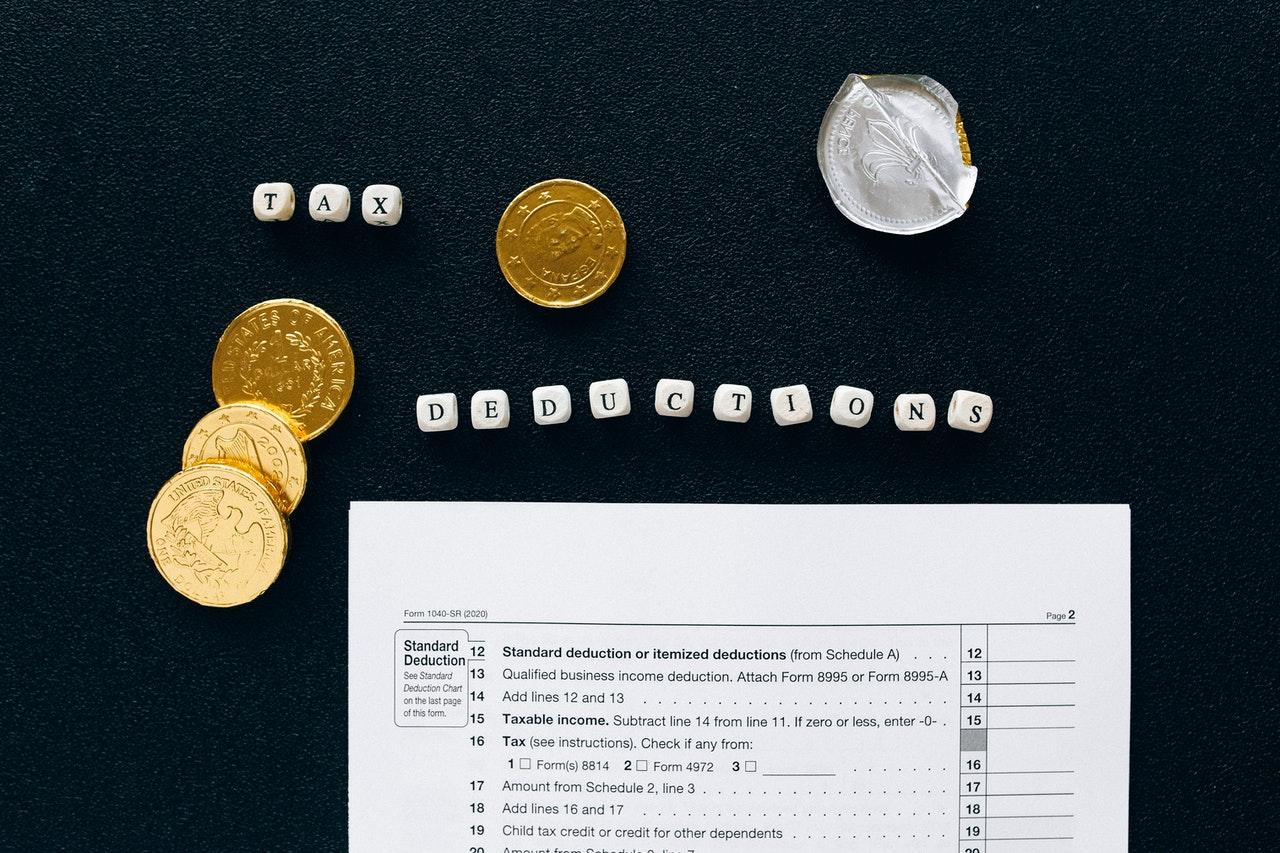Even if You Had Zero Income, You Should Still File a Tax Return
Even if you had no income, it might be a good idea to file your taxes. Here's how to file a zero-income tax return.
March 24 2022, Published 6:27 a.m. ET

Tax season—the worst time of year for many—is underway. Some people, however, may feel that they don't need to worry about filing taxes if they had no income in the year prior. This isn't the best approach, though, as filing can have several advantages. How do you file a zero-income tax return?
Every year, the IRS sets an income threshold. This income requirement, which changes annually based on inflation, also depends on your tax status (single, married filing separately or jointly, head of household, or claimed as dependent on someone else’s taxes). If your income falls below this level, it's not mandatory for you to file a tax return, except under special circumstances. But you should.
How to file an income tax return with zero income
The process of filing a tax return with no income is similar to the normal process—all you have to do is enter zero as your income. You can even work the taxable amount down to zero through deductions. However, it's important not to abuse deductions to arrive at the zero-income amount, as you could invite a much-feared IRS audit.

What if I have a dependent?
Filing a tax return might also make it easier to receive tax credits for your dependent children. Under Biden’s $1.9-trillion American Rescue Plan Act of 2021, parents are entitled to child tax credits of $3,000 per child aged 6–17 or $3,600 for children under six.
If you're being claimed as a dependent on someone else’s tax return, you may be still required to file an income tax return of your own. The requirements vary by filing status and age. A dependent in 2022 may qualify for a standard deduction of $1,150 or the sum of $400 plus their earned income.
Should I file if I had no income?
Even if your income falls below the IRS’s minimum threshold, you should still file. Only by doing so can you claim earned income tax credits or additional child tax credits. If you're attending college or a higher education program and earn very little to no income, you can also take advantage of the American opportunity credit.
You may also want to file with zero income if you worked for a part of the year and your employer withheld taxes from your pay. Since your income was very low, by filing a return, you can get those taxes back.
Finally, by filing, you may simplify audits from the IRS. Generally speaking, the agency can only go back three years, but that only starts when you file a tax return.
